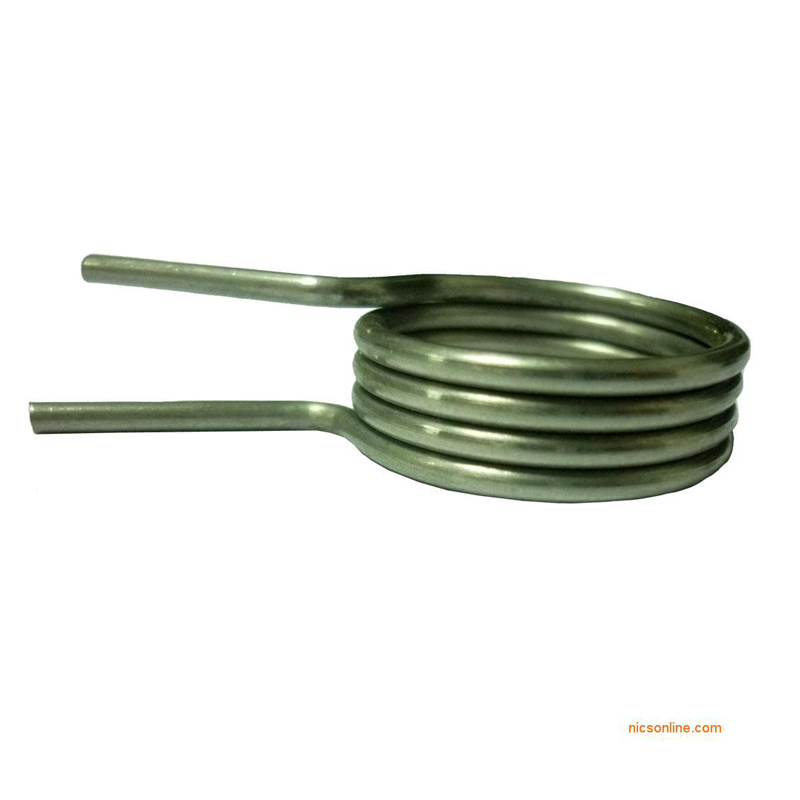
- Mobile Phone
- +8613931874955
- sales@cntcmetal.com
Field fencing solutions for secure and durable property enclosures
Field Fence Panels A Comprehensive Guide
Field fence panels, an essential element in agricultural and rural fencing, serve various purposes that range from enclosing livestock to protecting crops. Their versatility and sturdiness make them a popular choice for farmers, ranchers, and landowners who seek to establish boundaries while maintaining the natural aesthetics of the landscape.
The Importance of Field Fence Panels
Firstly, field fence panels are crucial for animal husbandry. Livestock such as cattle, sheep, and goats require secure enclosures to prevent wandering into dangerous terrains or neighboring properties. These panels provide a reliable barrier that not only ensures the safety of the animals but also protects crops from being grazed or trampled. In the absence of effective fencing, farmers risk losing their livestock or incurring significant damage to their crops, leading to economic losses.
Moreover, field fence panels come in various styles and materials, allowing landowners to choose options that best fit their needs. The most common materials used for these panels include galvanized steel, wrought iron, wooden posts, and composite materials. Each type offers unique benefits for instance, galvanized steel panels are durable and resistant to rust, making them suitable for long-term use in harsh weather conditions. On the other hand, wooden fences can blend better with rural landscapes, providing a more traditional aesthetic.
Types of Field Fence Panels
There are several types of field fence panels available on the market today. One common type is the barbed wire fence, which consists of several strands of wire twisted together with sharp barbs at intervals. This design deters animals from attempting to breach the fence. Another popular option is woven wire fencing, which features vertical and horizontal wires woven together, creating a strong barrier ideal for containing smaller animals.
field fence panels

Electric fencing is gaining popularity among farmers as well, as it offers a non-lethal way to keep animals contained. By delivering a mild shock, electric fences effectively discourage livestock from attempting to escape while minimizing injuries. Nonetheless, electric fences require a reliable power source and regular maintenance to ensure that they function effectively.
Installation and Maintenance
Installing field fence panels requires careful planning and execution. The first step is to determine the boundary layout and mark the corner posts. After that, the posts must be securely anchored into the ground to ensure stability. The panels are then attached to the posts with appropriate hardware, ensuring they are taut and evenly spaced.
Regular maintenance of field fence panels is essential to prolong their lifespan. This includes inspecting for rust or damage, tightening loose wires, and ensuring that the fence remains free of debris that could pose safety hazards to livestock. Proper maintenance not only enhances the fence’s durability but also ensures the continued safety of the animals it encloses.
Conclusion
In summary, field fence panels are a vital component of effective livestock management and land protection. Their various types and materials cater to diverse needs in agricultural contexts. Whether you opt for traditional wooden panels or modern electric fencing, investing in quality field fence panels can significantly improve the safety and welfare of your animals while protecting your land. By choosing the right fencing solution and maintaining it diligently, landowners can create an efficient and visually appealing enclosure that serves its purpose for years to come.
share:
-
Why Sacrificial Formwork Is Redefining Underground ConstructionNewsJun.06,2025
-
The Structural Dynamics of Modern Concrete: How Snake Spacers Revolutionize Flexible ReinforcementNewsJun.06,2025
-
Snake Spacers Smart-Lock Concrete Reinforcement with Surgical PrecisionNewsJun.06,2025
-
Snake Spacers: Reinforcement Precision for Modern Concrete ProjectsNewsJun.06,2025
-
Snake Spacers Powering Concrete's Structural DNANewsJun.06,2025
-
Slither into Success: Snake Spacers' Precision Bite for Unbreakable ReinforcementNewsJun.06,2025
-
Sacrificial Formwork: Building Stronger, Faster, and Safer StructuresNewsJun.06,2025



















